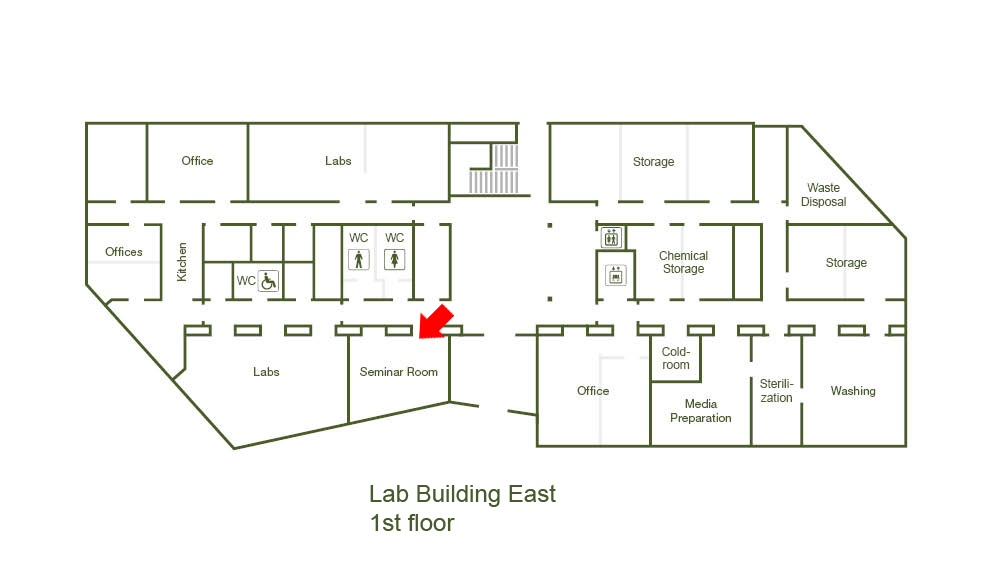Acquired immunity in insects: systemic spread, self/nonself discrimination and memory
Date:
Tuesday, December 5, 2017 14:00 - 15:00
Speaker:
Raul Andino (University of California, San Francisco)
Location:
Seminar Room, Lab Building East
Series:
Life Sciences Seminar
Host:
Daria Siekhaus
Contact:
MALLY Alexandra

We examine antiviral immunity in insects. Insect transmission of arboviruses causes widespread and debilitating disease across the globe. Viral replication and dissemination in the vector are critical factors in transmission competence. RNA interference is the insect major antiviral system that inhibits viral replication and viral dissemination throughout the insect tissues. Using Drosophila melanogaster and mosquito Aedes aegypti experimental systems, we discovered that immunity involves uptake of viral double stranded RNA by haemocytes, followed by reverse transcription to generate viral DNAs (vDNAs) that enables amplification of the RNAi response by de novo synthesis of siRNAs. This process constitutes a bona fide form of adaptive immunity, which confers immunological memory in the form of stable vDNA. Central to immunity are macrophage-like cells, haemocytes, which are responsible for antiviral RNAi amplification by the production of 5-triphosphorylated secondary vsRNAs, that increases the pool of vsRNAs that can be packaged into exosome-like vesicles (ELVs). Haemocyte-derived ELVs mediate the delivery of antiviral vsRNAs to uninfected tissues and protect flies from infection at distal site and a systemic level. In striking parallel to vertebrates, flies also rely on systemic immunity, albeit in this case the virus-specific signal is dsRNA-based. We hypothesize that haemocytes take up dsRNA from infected cells to direct the synthesis of vDNA, which in turn templates secondary vsRNA providing adaptive immunity.